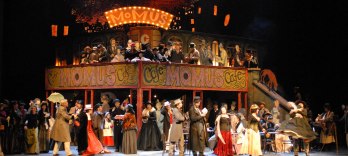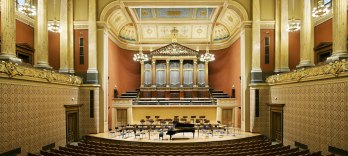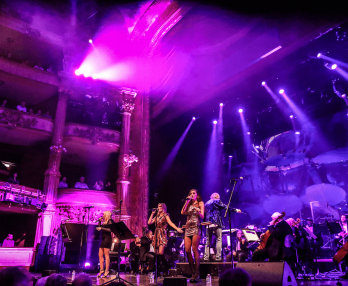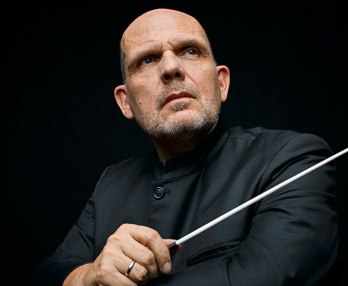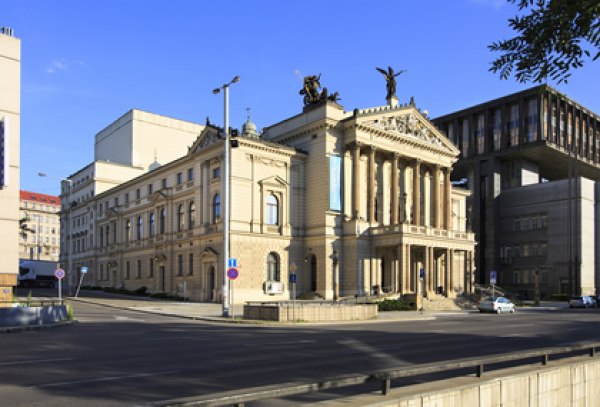Prague Opera Tickets | Prague Concerts Tickets
What's on
Mozart Dinner
Prague - Boccaccio Ballroom - Grand Hotel Bohemia
Th 31 Oct 2024, 19:00 - Mo 29 Dec 2025, 19:00
Th 31 Oct 2024, 19:00 - Mo 29 Dec 2025, 19:00
Prague State Opera
Prague - Prague State Opera
Th 31 Oct 2024, 19:00 - Sa 02 Nov 2024, 14:00
Th 31 Oct 2024, 19:00 - Sa 02 Nov 2024, 14:00
Prague State Opera
Prague - Prague State Opera
Fr 01 Nov 2024, 19:00 - Fr 03 Jan 2025, 19:00
Fr 01 Nov 2024, 19:00 - Fr 03 Jan 2025, 19:00
Rudolfinum Tickets
Prague - Rudolfinum
Fr 01 Nov 2024, 19:30 - Fr 01 Nov 2024, 19:30
Fr 01 Nov 2024, 19:30 - Fr 01 Nov 2024, 19:30
Rudolfinum Tickets
Prague - Rudolfinum
Sa 02 Nov 2024, 19:30 - Sa 02 Nov 2024, 19:30
Sa 02 Nov 2024, 19:30 - Sa 02 Nov 2024, 19:30
Prague National Theatre - Giacomo Puccini
Prague - Prague National Theatre
Su 03 Nov 2024, 17:00 - Sa 30 Nov 2024, 18:00
Su 03 Nov 2024, 17:00 - Sa 30 Nov 2024, 18:00
Bestseller events
Latest news
Tickets and Programme for the Prague State Opera, National Theater and Estates Theatre. Buy online tickets at best prices for the new opera and ballet events at Prague State Opera.Booking for Prague ...

 EN
EN DE
DE IT
IT FR
FR ES
ES RU
RU JP
JP RO
RO


